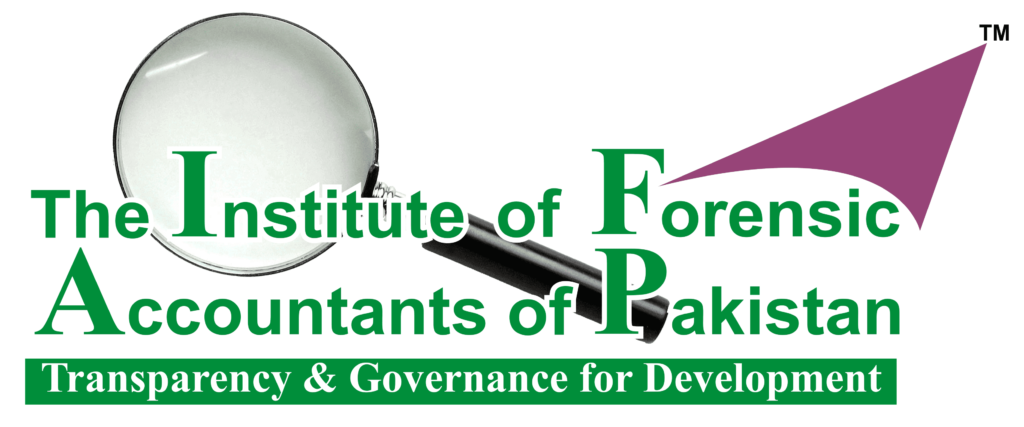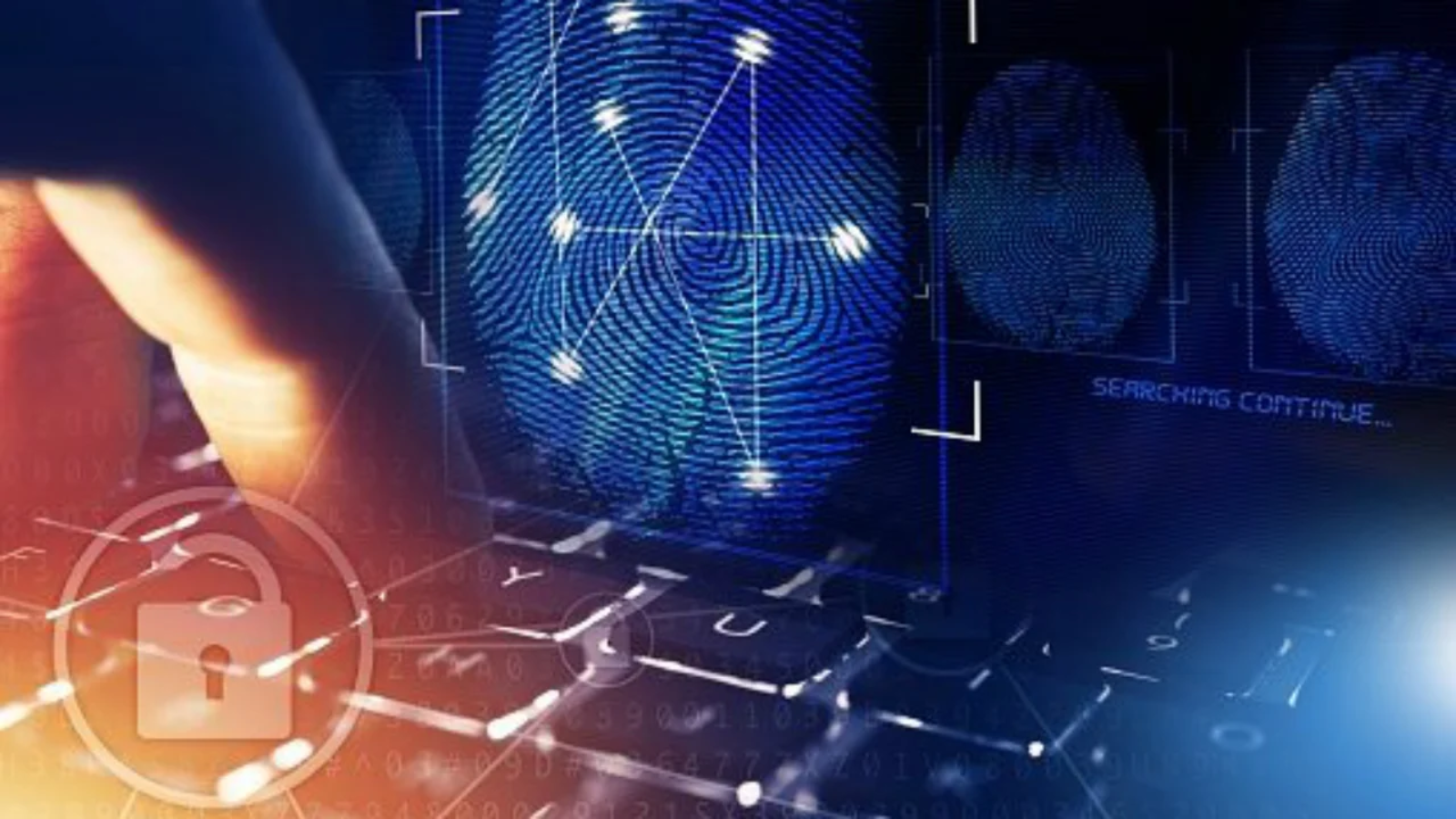As a forensic auditor, I navigate a world of financial complexities, meticulously examining data to uncover discrepancies and identify potential fraud. The traditional approach often involves sifting through paper trails and digital records, a process that can be time-consuming and prone to manipulation. However, the emergence of blockchain technology presents a transformative opportunity for the field of forensic auditing.
Blockchain, a decentralized digital ledger system, offers a secure and transparent way to record transactions. Unlike traditional methods where data resides in a central location, blockchain distributes information across a network of computers. This creates an immutable record, meaning data cannot be altered or deleted once entered, fostering trust and enhancing the integrity of financial data. This article explores the rise of blockchain technology in forensic auditing, highlighting its potential benefits, challenges, and the evolving skill set required for forensic auditors in this new era.
The Allure of Blockchain for Forensic Audits
The core features of blockchain technology – immutability, transparency, and traceability hold immense value for forensic auditors. Here's how blockchain can revolutionize the field:
- Enhanced Detection of Fraudulent Activities: Fraudulent transactions often involve manipulating financial records. Blockchain's immutability creates an unbreakable chain of custody for financial data, making it significantly harder to alter or erase incriminating evidence. Every transaction leaves a verifiable footprint on the blockchain, allowing forensic auditors to trace the flow of funds with greater ease and identify inconsistencies that might indicate fraudulent activity (Abdallah et al., 2016).
- Streamlined Audit Processes: The laborious task of data collection and verification can be significantly streamlined with blockchain. Traditionally, forensic auditors rely on paper trails and data from various sources, which can be time-consuming to gather and reconcile. Blockchain offers a single source of truth, providing a shared ledger accessible to authorized parties. This eliminates the need for manual data collection and verification, allowing auditors to focus on analyzing data for potential discrepancies (Böhme et al., 2015).
- Improved Audit Efficiency and Cost Reduction: The streamlined data collection and verification processes facilitated by blockchain can lead to significant efficiency gains for forensic audits. Reduced time spent on data gathering frees auditors to delve deeper into analyzing financial data and identifying potential issues. This translates to faster and more efficient audits, ultimately leading to cost reductions (Pariz et al., 2018).
- Enhanced Collaboration and Transparency: Blockchain fosters collaboration and transparency within the audit process. All authorized participants can access the same immutable record of transactions, eliminating the need for reconciliation between different sets of data. This fosters trust and transparency between auditors, management, and regulatory bodies (Bizarro et al., 2018).
For instance, let's consider a scenario where a company inflates its revenue figures. In a traditional system, the perpetrator might manipulate invoices or sales records. However, on a blockchain-based system, all transactions would be recorded immutably. This would make it nearly impossible to inflate revenue figures without leaving a trail of discrepancies easily identifiable by forensic auditors through blockchain analysis.
Imagine a scenario where a forensic auditor is investigating potential accounting irregularities in a multinational corporation. With traditional methods, they might need to request financial records from multiple subsidiaries across different countries. This process can be lengthy and cumbersome. However, if the company utilizes blockchain technology for its financial transactions, the auditor can access a single, verifiable record of all transactions, significantly reducing the time and resources required for data collection.
For example, consider a large-scale forensic investigation involving a financial institution. Traditionally, such an investigation might require a team of auditors to spend weeks or months collecting and reconciling data from various departments. However, with blockchain technology, the time spent on data collection can be significantly reduced, allowing auditors to complete the investigation in a shorter timeframe and at a reduced cost.
Imagine a scenario where a company undergoes a joint forensic audit by internal auditors and external regulators. With traditional methods, each party might maintain separate sets of data, leading to potential discrepancies and communication challenges. However, on a blockchain platform, both internal auditors and regulators can access the same set of immutable financial records, facilitating a more collaborative and transparent audit process.
Challenges and Considerations for Forensic Auditors
While blockchain offers a plethora of benefits, transitioning to this new technology presents challenges that forensic auditors need to consider.
- Limited Adoption and Standardization: Currently, blockchain technology is not yet widely adopted across all industries. This limited adoption can hinder the widespread integration of blockchain into forensic audits. Additionally, the lack of standardized protocols for blockchain implementation can create complexities when dealing with data from different platforms (Gillon, 2017).
- Scalability and Privacy Concerns: As the volume of financial data increases, concerns regarding the scalability of blockchain technology arise. Additionally, the transparent nature of blockchain can raise privacy concerns around sensitive financial information. Addressing these concerns through proper data encryption and permissioned access systems will be crucial for wider adoption in forensic audits.
- Evolving Skillset for Forensic Auditors: The integration of blockchain necessitates an evolution in the skillset of forensic auditors. Auditors will need to develop expertise in blockchain technology, including understanding its underlying architecture, security protocols, and data analysis techniques specific to blockchain platforms (Boomer, 2017).
- Legal and Regulatory Uncertainty: The legal and regulatory landscape surrounding blockchain technology is still taking shape. This lack of clear regulations can create uncertainty for forensic auditors when utilizing blockchain evidence in court proceedings. Establishing clear legal frameworks for blockchain data admissibility will be crucial for its widespread adoption in forensic investigations.
This will require ongoing training and professional development to stay abreast of these advancements. Additionally, auditors will need to hone their analytical skills to effectively interpret and utilize the vast amount of data generated on blockchain systems.
The Future of Forensic Auditing with Blockchain
Despite the challenges, the potential benefits of blockchain technology for forensic auditing are undeniable. As blockchain adoption grows across industries and standardization efforts mature, its integration into forensic audits will become increasingly commonplace. This will usher in a new era of transparency, efficiency, and effectiveness in the field.
Forensic auditors who embrace this technological shift and develop the necessary skillset will be well-positioned to navigate the complexities of financial investigations in the blockchain era. Here are some key takeaways for the future:
- Continuous Learning: Forensic auditors must commit to continuous learning to stay updated on the evolving landscape of blockchain technology and its implications for financial investigations.
- Collaboration with Blockchain Experts: Collaboration with blockchain security specialists and data analysts will be crucial for forensic auditors to effectively leverage the power of blockchain for their investigations.
- Advocacy for Regulatory Clarity: Forensic auditors can play a vital role in advocating for clear and robust regulations surrounding blockchain technology, ensuring its secure and reliable use in the financial sector.
By embracing the opportunities presented by blockchain technology and proactively addressing the challenges, forensic auditors can ensure the continued integrity and effectiveness of the financial auditing profession in the years to come.
References:
Abdallah, A., Maaruf, S., & Che Ibrahim, N. H. (2016). Fraud prevention and detection in a blockchain technology environment: challenges posed to forensic accountants. International Journal of Accounting and Business Information Systems, 23(1), 1-18.
Bizarro, P. P., Bloisi, D., Catalini, C., & Siani, S. (2018). Blockchain technology in the accounting profession: A research framework. Journal of Information Systems and Technology Management, 15(2), 283-300.
Böhme, R., Christlieb, N., Edelman, M., Gervais, T., ギュンター, N. (Günter), Möser, M., ... & Lunenburg, P. (2015). Bitcoin: Economics, technology, and governance. Princeton University Press.
Boomer, M. (2017). Blockchain technology: A game-changer for forensic accounting? Journal of Forensic Accounting and Auditing, 18(2), 113-123.
Gillon, K. (2017). The impact of blockchain technology on the accounting profession: A conceptual framework. Accounting Forum, 41(1), 1-17.
Pariz, R. B., Khodaei, A., & Hajiheydari, M. (2018). Blockchain technology: Potential applications in accounting. International Journal of Engineering and Technology (IJET), 7(4), 3445-3449.

Author:
Dr. Muhammad Ali
FICFA (USA), FIPA (AUS), FFA (UK), CCFA (PAK), FFA (PAK), FCIAP (PAK), MBA (PAK), Ed.D (NIG)

